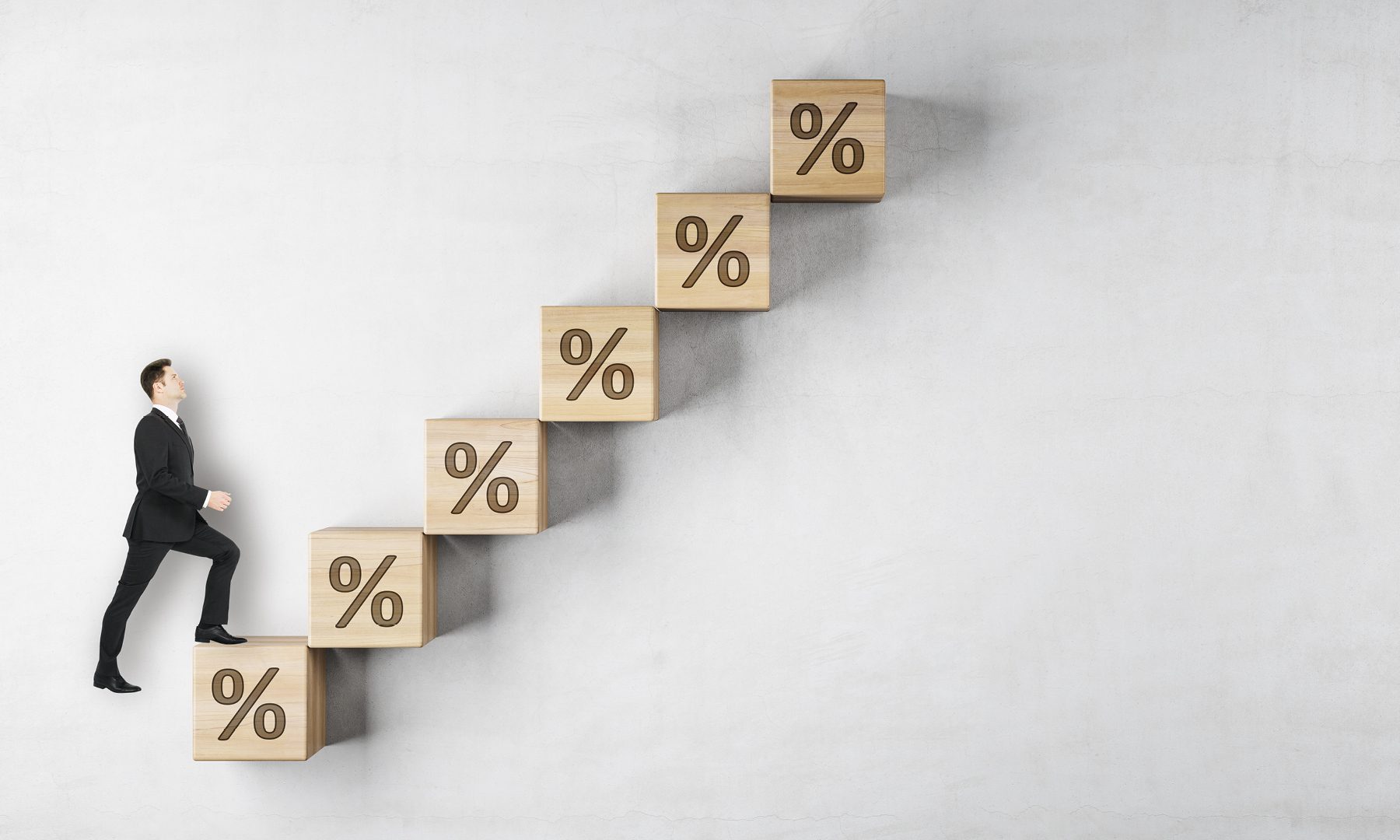
When will interest rates drop in Australia? Discover what the major banks and forecasters have to say about what will happen in 2025.
Every property owner and investor with a mortgage has had their eye on interest rates over the last 18 months as they rose from record lows to 4.35%. They have now stayed at this level for a year, despite previous predictions they would drop towards the end of 2024.
Take a look at the factors influencing interest rates and what economists and banks suggest will happen next.
What are the current trends in interest rates?
During the COVID-19 pandemic, the Reserve Bank of Australia (RBA) introduced historically low rates to stimulate the economy. However, the post-pandemic recovery, rising inflation and global economic pressures prompted rate increases that were aimed at getting consumer prices under control.
Recent figures show inflation is now within target, having fallen to its lowest level in three and a half years during the September quarter. The Reserve Bank aims to have inflation between 2 and 3 per cent and headline inflation now sitting at 2.8%. However, reports say this is largely due to energy rebates and falling petrol prices rather than an overall slowdown in prices.
The Reserve Bank considers several factors when making interest rate decisions. Because underlying inflation is still at 3.5%, it left interest rates on hold in November. RBA Governor Michelle Bullock was quoted as saying, “We’re watching the data closely, and we’re not ruling anything in or out.”
What will happen next with interest rates
The major banks are in alignment with their interest rate forecasts. November predictions said the RBA could cut rates by 0.25 of a percentage point in February 2025 and forecast four cuts by the end of next year.
Other economists are pointing to an April rate cut and fewer cuts throughout the year.
A change to interest rates will depend on inflation and employment figures. They seem to be tracking in the right direction, but it is impossible to say for sure what will happen.
Another influencing factor is the change in US Government. Donald Trump will take office in January 2025 and experts are reluctant to make calls about what this may bring for the Australian economy.
Are you paying the best rate?
Many home owners and investors came off fixed rates and experienced a jump in their mortgage repayments over the last two years.
However, while the cash rate remains high, at least for the short term, it still may be possible to shop around. Some lenders have now begun lowering fixed and variable rates, with reports saying some two- and three-year fixed loans are now priced at a full percentage point below standard variable rates.
If you haven’t reviewed your loan for a while, talk to your mortgage broker and lender about refinancing your loan or renegotiating your rate. There may be an option that reduces your monthly payments so you feel less financial pressure.
If you refinance, get professional advice about whether a fixed or variable rate is better for you as you don’t want to be locked into a higher rate when costs begin to drop.
Is now the time to buy?
House prices have stabilised in many parts of Australia because of persistently high interest rates. With this in mind, now may be a good time to get into the market; there is always the possibility they will take off again when rates drop. This will potentially contribute to faster capital gains in the future.
Talk to your local real estate agent and your mortgage broker about interest rates and how they may influence your purchasing decisions in 2025 and beyond.







